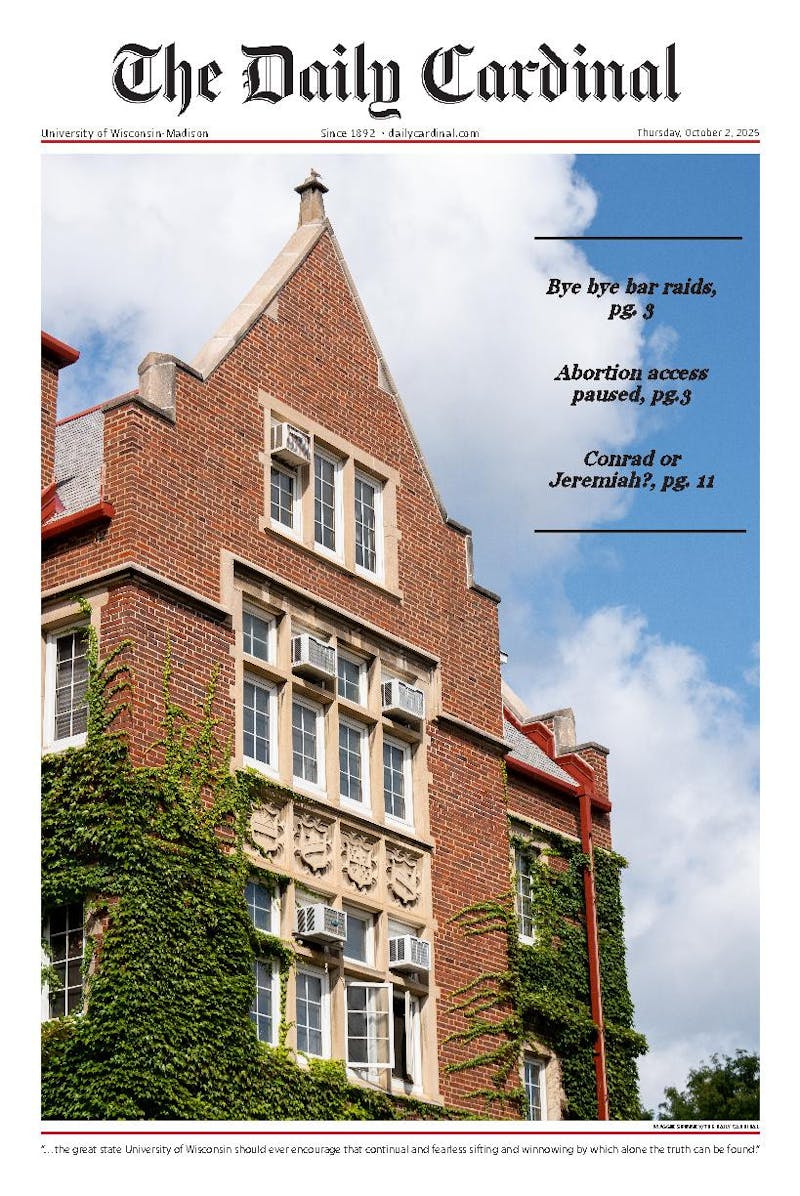By many accounts, the Dodos' second album, Visiter, was one of the most criminally underrated albums of 2008. Their incendiary passion lit fires in their songs, and they paved a new approach to psychedelic acoustic folk, inciting as much meaning through mechanical ferocity as the songwriting itself. However, on their newest release, Time to Die, the Dodos pull back on the reins and present themselves in a much more meditative manner.
Instead of writing the kind of sonic assaults that defined their discography to this point, the Dodos resigned themselves to more conventional pop songs on Time to Die. When they do muster up extra energy, like on ""This is a Business"" or ""Two Medicines,"" they get stuck in a rut. They don't have the same tetherball transitions or frenetic stop-start rhythms that have always brought life to their songs. Instead, they plod on as unrealized songs on the brink of, but never actually achieving, something great.
Their new conventional approach is not without its successes, though, especially on ""Fables."" The xylophone's subtle complements enhance the swollen guitar chords to a gentle flush of emotion.
The rest of Time to Die has a hard time matching the poetic majesty of ""Fables,"" however, and more often than not sounds sleepy and droll. ""Troll Nacht"" and ""Acorn Factory"" are comprised of the same gentle pop hooks, but they're not as successful as ""Fables,"" nor do they climb to the dynamic, obscure corners explored in their older material.
What's so ironic about Time to Die is that though it's a more reserved effort, it's especially messy. Their music had always embodied an element of chaos, but it was all neatly wound in an easily accessible package. Time to Die, on the other hand, has more by-the-book song structures tossed together in a muddled array, disheveled and informal.
What makes Time to Die most disappointing is its foreboding sense of finality. Beyond the lyrical themes and titular allusions to death, Time to Die is the tired, worn-out product you'd expect from a band too old to consistently purvey the same energy they once had. Time to Die sounds an awful lot like their swan song, and it's about eight years too early.






